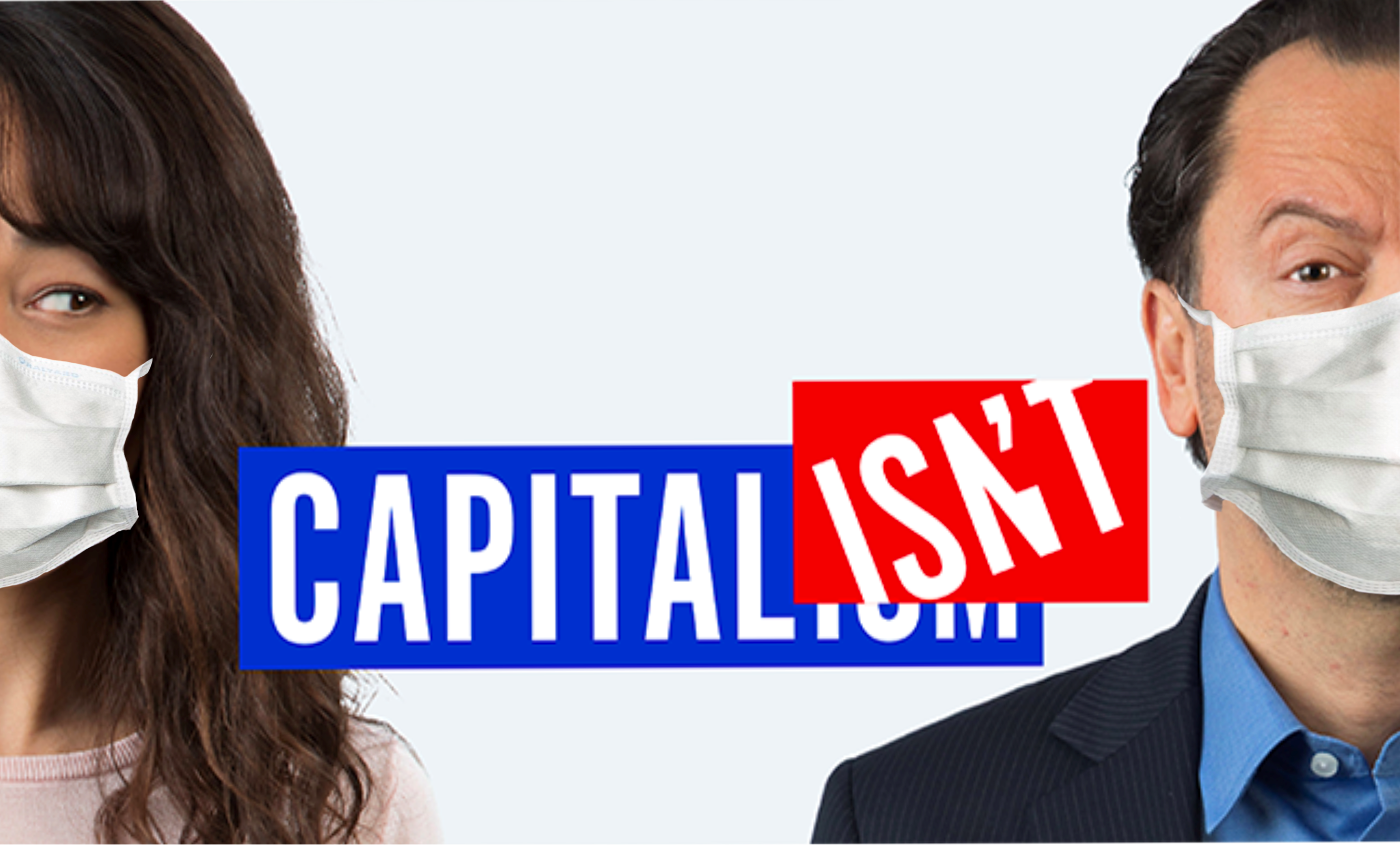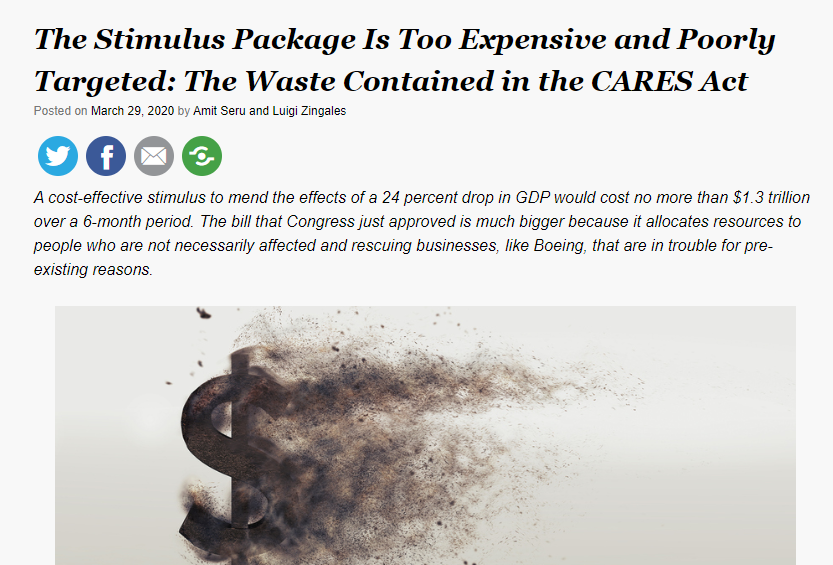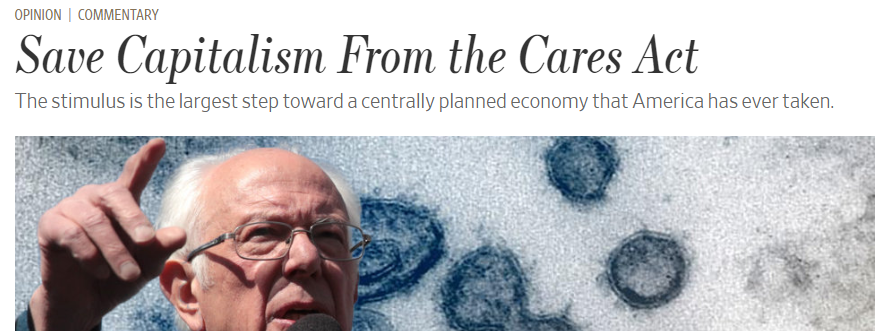In order to combat the coronavirus, Congress has passed a $2 trillion stimulus bill that targets individuals, small businesses, and large corporations. From an economic point of view, who are the real winners and losers in this bill? In a new episode of Capitalisn’t, Kate Waldock and Luigi Zingales find out.
In order to combat the coronavirus, Congress has passed a $2 trillion-dollar stimulus bill that targets individuals, small businesses, and large corporations. But from an economic point of view, who are the real winners and losers in this bill?
In this episode of Capitalisn’t, Kate and Luigi analyze the CARES Act. Is it big enough to stabilize our tanking economy, does it target the right people, and does it accomplish the right objectives?
If you liked the episode, you might also find interesting Amit Seru and Luigi Zingales’ ProMarket analysis of why the CARES Act is too big and not well targeted:
“Thus, a cost-effective TTT stimulus (which we will relabel TTTC) to mend the effects of a 24% drop in GDP would cost “only” $181billion per month (or $1,085bn over a 6-month period): half the bill just approved by Congress. Even if we add the $100billion for hospitals and the $150bn for the states (assuming they are spent in Medicare reimbursements), we arrive to a $1.3 trillion package, one third less than the bill just approved. Why is the approved bill so much more expensive?
Because it allocates a lot of resources handing out money to people who are not necessarily affected (like many who will get $1,200 check per person) and rescuing businesses, like Boeing, that are in trouble for reasons that precede the crisis and are using the opportunity to get subsidized. The stimulus might be timely and temporary, but it is certainly not targeted and even less cost-effective.”
Also, read Seru’s and Zingales’s follow-up Wall Street Journal op-ed:
“The current bill does too little on this front as well. Only slightly more than 10% of the dollar amount is aimed at supporting the unemployed. An equal amount is wasted in a generalized gift (like packets of rice) given to everybody, regardless of whether they are impacted or not. Thus, retirees, who are greatly benefitting from the social restrictions imposed to the country, double dip with an extra check.
Much better would have been to have the government pay 80% of the wages of all workers who cannot work under the existing lockdown rules, as proposed by the British Parliament. It is faster, easier to administer, and less wasteful than any of the measures contained in the bill.”
If you are interested in the technicalities of Federal Reserve’s efforts to support to Wall Street, watch this webinar with Princeton Professor Markus Brunnermeier and Nellie Liang, the former director of the Division of Financial Stability at the Federal Reserve:
ProMarket is dedicated to discussing how competition tends to be subverted by special interests. The posts represent the opinions of their writers, not necessarily those of the University of Chicago, the Booth School of Business, or its faculty. For more information, please visit ProMarket Blog Policy.










